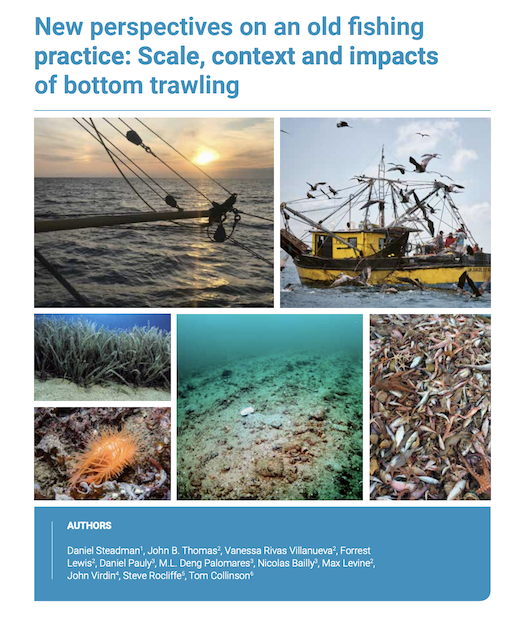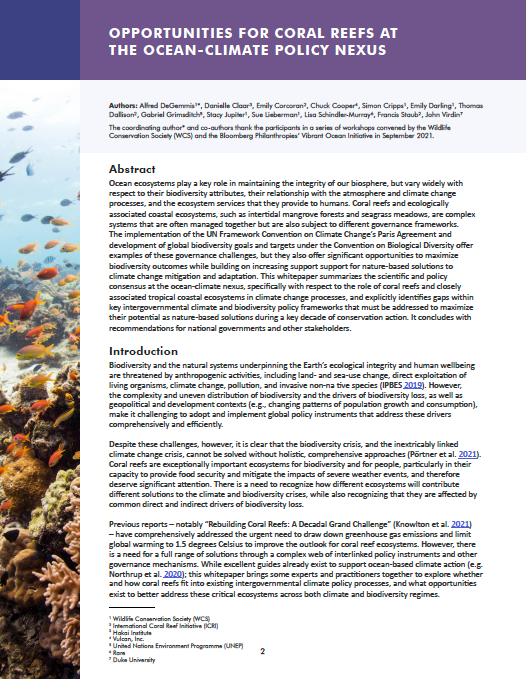Publications
Development of Guidance for Electric Vehicle (EV) Charging Infrastructure Deployment: Comments in Response to RFI by the Southeast Electric Transportation Regional Initiative
These comments are in response to the Request for Information posted by the Federal Highway Administration on November 29, 2021 (Federal Register, Vol. 86, No. 226, Page 67783) opening Docket No. FHWA-2021-0022.
COVID-19 and Distributed Renewables: How the Crisis Has Affected the Sector and What It Means for People, the Planet, and the Future of Energy Access
Over the course of 2021, the James E. Rogers Energy Access Project at Duke University (EAP) convened three dialogues with a range of distributed renewable energy stakeholders representing research, business, investor, nonprofit, and policymaker perspectives. One of these sessions was a public event at COP26 in Glasgow, Scotland—co-organized by Bboxx and EAP. The purpose of these conversations was to discuss the major impacts, lessons and narratives emerging within the sector in the wake of a period of great upheaval.
New Perspectives on an Old Fishing Practice: Scale, Context and Impacts of Bottom Trawling
A new report by leading fisheries experts found that over 99 percent of bottom trawling worldwide occurs inside the Exclusive Economic Zones of coastal nations—with much of the effort focused within just 12 miles of shore—posing risks to critical habitats and traditional, small-scale, artisanal fishing operations. As the only globally significant fishing practice that requires sustained contact with the seabed, bottom trawling has a uniquely high impact, one that can drive habitat destruction, coastal conflict and major fuel-related carbon emissions.
Measuring Water Affordability and the Financial Capability of Utilities
The cost of providing water services is increasing, placing greater financial burdens on individual households and utilities. Five metrics were calculated at multiple volumes of water usage and were applied to 1791 utilities, estimating bills from 2020 rates data, to gauge financial burdens in four states. More than a fifth of the population in 77% of utilities was experiencing poverty, suggesting widespread poverty is a major contributor to utility financial capability challenges.
A Closer Look at RGGI and Grid Reliability
This policy brief reviews how RGGI modeling has considered reliability issues and mines existing research on the real-world impacts of RGGI since 2008. In short, research indicates that the program’s implementation has not impacted grid reliability—and that RGGI may help to improve reliability through strategic demand-side investments—all while delivering important economic, public health, and emissions reduction benefits to consumers.
EPA’s Methane Proposal for the Oil and Gas Sector – A Strong Foundation to Reduce Methane Emissions and Regulatory Path for More
In the months leading up to the UN climate conference in Glasgow (COP26), the United States and the European Union made a global methane pledge to reduce their collective methane emissions 30 percent from 2020 by 2030. In November, with the COP26 underway, the U.S.
Opportunities for Coral Reefs at the Ocean-Climate Policy Nexus
This whitepaper summarizes the scientific and policy consensus at the ocean-climate nexus, specifically with respect to the role of coral reefs and closely associated tropical coastal ecosystems in climate change processes, and explicitly identifies gaps within key intergovernmental climate and biodiversity policy frameworks that must be addressed to maximize their potential as nature-based solutions during a key decade of conservation action. It concludes with recommendations for national governments and other stakeholders.
Water Consumption and Utility Revenues at the Start of a Pandemic: Insights From 11 Utilities
Key Takeaways
Eleven utilities from across the United States were studied to understand the pandemic's effects on water consumption and utility revenues.
Most utilities in the study saw an overall increase in water consumption with a rise in residential demand that offset declines in nonresidential demand.
Most utilities in the study experienced increased revenues in 2020 compared with previous years, largely due to rate increases, inclining block rates, and an unusually warm summer.
GridTracer: Automatic Mapping of Power Grids Using Deep Learning and Overhead Imagery
Energy system information for electricity access planning such as the locations and connectivity of electricity transmission and distribution towers—termed the power grid—is often incomplete, outdated, or altogether unavailable. Furthermore, conventional means for collecting this information is costly and limited. We propose to automatically map the grid in overhead remotely sensed imagery using an deep learning approach.
Infrastructure Investment Must Incorporate Nature’s Lessons in a Rapidly Changing World
The authors of this commentary in One Earth suggest that infrastructure must become more resilient as the global climate changes and also more affordable in the economic and political context of a post-COVID world, and that we can solve this dual challenge and drive global infrastructure investment into a more sustainable direction by taking our cues from Nature.










